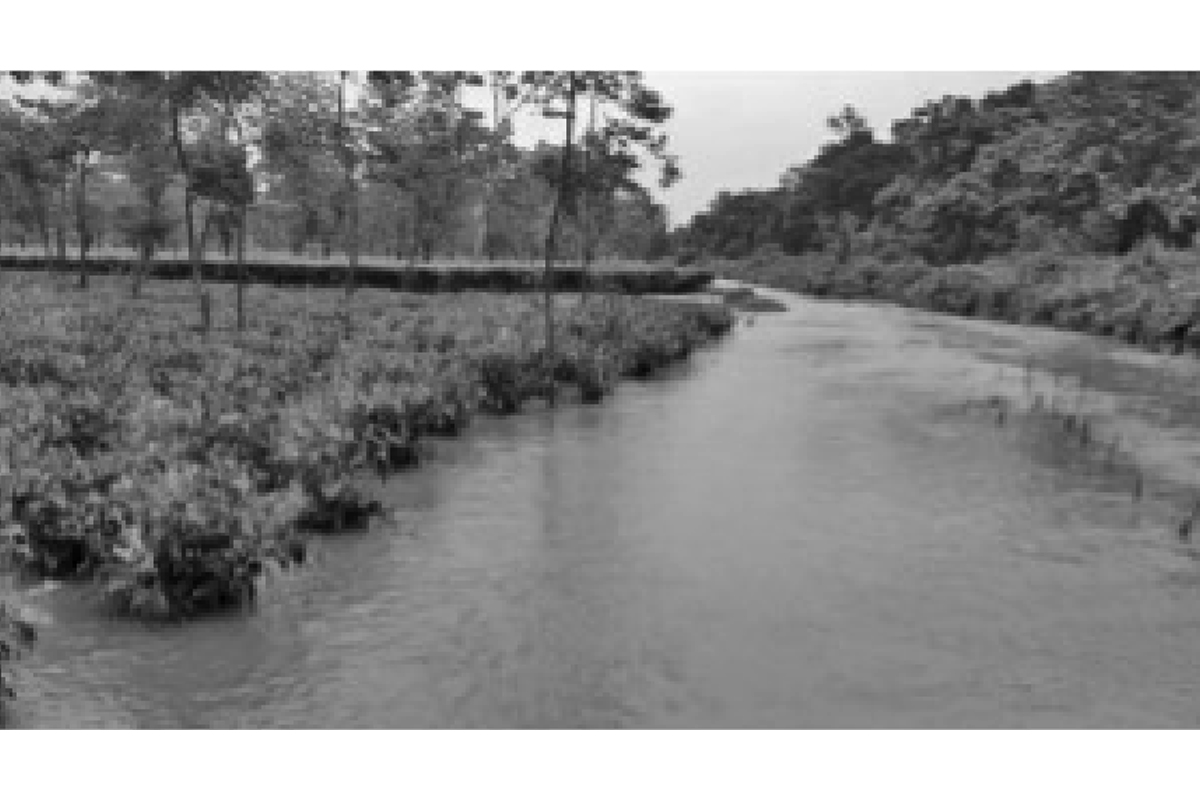Rain helps contain wildfire in Japan’s Iwate
Steady rainfall on Wednesday has helped contain the spread of a week-long wildfire in Ofunato City of Japan's Iwate Prefecture, local media reported.
Production falls by around 10-15 per cent in first fortnight of July, says planters.

Photo: SNS
Heavy rainfall that has been lashing the region, especially the tea belt in the state, has led to production of tea falling by around 10-15 percent in the first fortnight of July, planters have said. Expressing concern over the loss of production due to the torrential rainfallm the Secretary General of the Tea Association of India (TAI), P K Bhattacherjee, said the tea industry was staring at “grim days ahead and was faced with the onslaught of natural calamities, resulting in lesser crop due to disruption in connectivity, logistics and undue hardship on the workforce, which has been unprecedented.”
According to Mr Bhattacharjee, West Bengal produces around 12.50 percent of the total tea crop in July, which is estimated to be around 48.50 million kg. The figure was expected to be lower by around 10-15 per cent during the first fortnight of the month, he said.
Advertisement
The TAI officials are also apprehending that the figure for the entire month of July could go as low as 25 percent, thus reducing the total output by around 12 million kg for the month.
Advertisement
Citing examples, TAI officials said that a Tea Estate called Nangdala experienced 203 mm of rainfall on 21 and 22 July within 24 hours this year. Similarly, more gardens like the Cooch Behar TE recorded 279.4 mm, Gopalpur TE 279.4 mm, Aryaman TE 152 mm and Mechpara 152 mm.
Nangdala Tea Estate reported severe erosion in plantation areas and the main road leading to the garden was also washed away. Flood waters from rivers that originate in Bhutan have also caused extensive damage to culverts and bridges there, it is learnt. Similarly, in the Terai region, the Pahargoomiah TE recorded 152.4 mm of rainfall on 21/22 July. Several embankments were breached in different sections of the Tea Estate. Most of the Tea Estates in this region received more than 50 per cent of its total rainfall in the month of July itself.
“The TAI has approached the District Magistrate, Alipurduar, where 53 gardens are located, highlighting the havoc caused by the incessant rains. With most of the tea gardens still under water, normal operations would take another one month to resume,” Mr Bhattacharjee said. He added that huge tracts of garden land have been submerged, thereby disrupting operations of the gardens during the peak production period. Incidents of bridges collapsing and erosion have also been reported from Belgachi and Dagapur Tea Estates in the Terai.
Advertisement